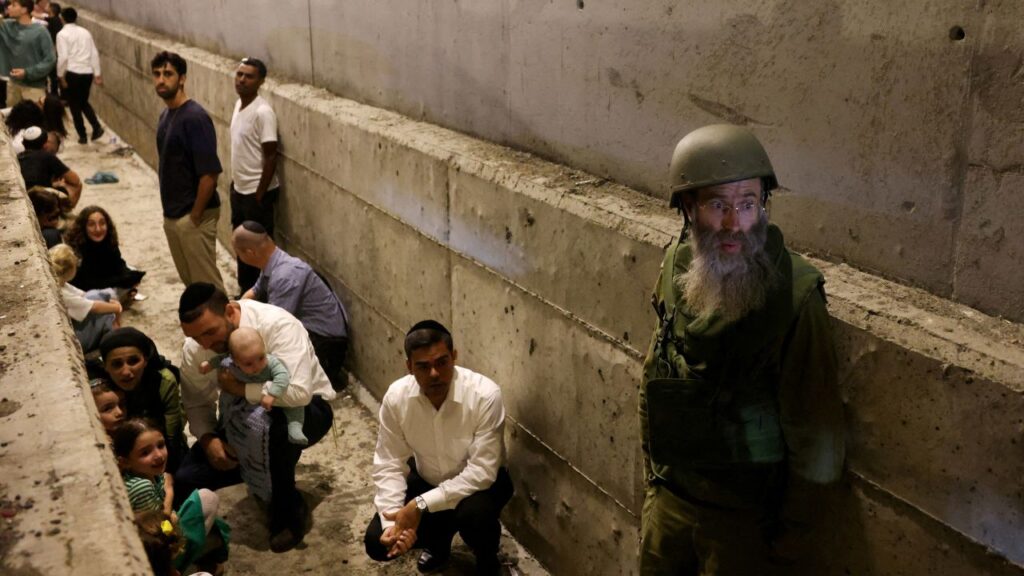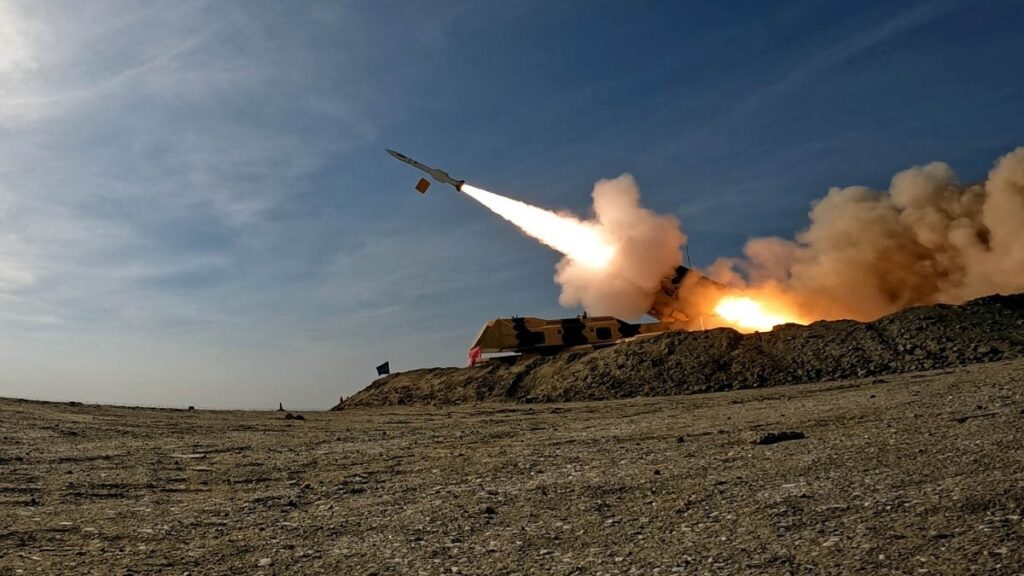Israel strikes Iran’s military targets after a ballistic missile attack on Oct. 1. Escalations continue as tensions rise between Israel, Iran, Hezbollah, and Hamas in the Middle East.
Israel Responds to Iran’s Military Threats with Precision Strikes
Israel launched a targeted response against Iran early Saturday, intensifying military action after Iran’s October 1 ballistic missile attack on Israeli territory. With tensions already high, these actions mark Iran’s second direct assault on Israel within six months, escalating the situation in the Middle East.
Retaliation for Missile Strikes Against Israel
On October 1, Iran carried out an extensive missile strike against Israel, launching around 200 ballistic missiles in a direct assault on Israeli land. This missile barrage followed Israel’s offensive against Hezbollah in Lebanon, a powerful ally of Iran. The attack by Hezbollah was in support of Hamas, a Gaza-based Palestinian group that has close ties to Iran and has intensified its campaign against Israel.

Statement from the Israel Defense Forces (IDF)
“In response to months of continuous attacks from the regime in Iran against the State of Israel – right now, the Israel Defense Forces is conducting precise strikes on military targets in Iran,” the Israel Defense Forces stated, underscoring Israel’s right and duty to defend itself against Tehran and its allies.

The IDF emphasized that these attacks specifically targeted military sites and avoided critical infrastructure, such as nuclear and energy facilities, in accordance with a prior warning from U.S. President Joe Biden. According to NBC News and ABC News, dozens of Israeli fighter jets carried out the airstrikes.
Regional Reactions and International Implications
Iranian state television reported multiple powerful explosions in Tehran and nearby areas, with semi-official sources noting that Iran’s air defense system had activated. Iran’s government has issued numerous warnings to Israel, stating any further attacks will provoke a strong response.
“Israel’s enemies will pay a heavy price for any attempts to harm the country,” Israeli Defense Minister Yoav Gallant said earlier this week.
The United States, which was informed of Israel’s planned strikes, emphasized that it was not directly involved in the operation. White House National Security Council spokesperson Sean Savett described the Israeli strikes as acts of self-defense in response to the October 1 ballistic missile incident. The U.S. has also urged Israel to avoid actions that could lead to regional escalation.
Concerns of a Broader Regional Conflict
The Middle East remains tense amid the possibility of a widening conflict. U.S. Secretary of State Antony Blinken expressed caution, warning Israel’s actions should not exacerbate regional tensions. As Israeli forces continue to engage with Hezbollah and Hamas, and with sporadic attacks reported in Syria’s Damascus region, many fear that a larger war involving Israel, Iran, and possibly the U.S. could be on the horizon.
Ongoing Developments
As this situation develops, both sides have increased their military readiness. Prime Minister Benjamin Netanyahu and Defense Minister Gallant remain at military headquarters in Tel Aviv. Israel’s military actions and Iran’s potential response are expected to dominate regional developments in the coming days.
Stay updated for the latest news on the Israel-Iran conflict, and find in-depth analysis on this and related topics.









